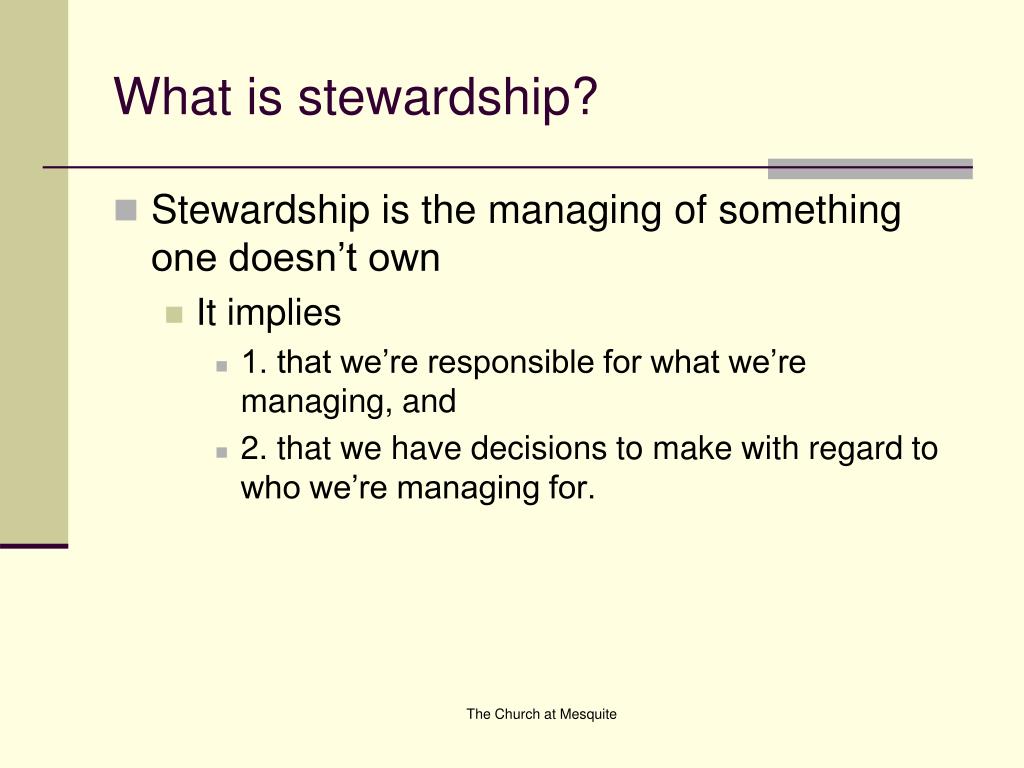

DOE is now repacking drums that began to corrode or leak and is building new interim storage facilities (DOE, 1995a).

Much of the waste had been stored in earth-covered berms, which were expected to be needed for only a few years, until a permanent disposal site became available. Instead of being exposed to the effects of weather and the risk of corrosion and leaks, drums containing transuranic waste are stored on concrete or asphalt pads under weather-resistant structures. Recently, DOE has undertaken a major effort at consolidating, repackaging, monitoring, and sheltering its transuranic waste. So work has focused on the remediation of soils and on remediating and containing sources of groundwater contamination while retaining the long-term goal of unrestricted use of the groundwater.Īnother example is the management of transuranic waste at the Idaho National Engineering Laboratory. Stakeholders have also acknowledged that no near-term solution exists for complete remediation of the underlying groundwater. Stakeholders have placed a high priority on unrestricted access to lands along the river. If many 20-year periods are considered together, the costs of taking only the short-term view could be huge.ĭecisions about contamination along the Columbia River at Hanford illustrate the idea of responsible stewardship. Furthermore, the benefits of actions considered over the short-term should not obscure the benefits of long-term solutions. Until permanent solutions are developed, irreversible actions should be avoided. After such a period, existing approaches should be re-examined, and society can decide what to do with site cleanup for the next 20 years. It deals with waste in relatively short periods, say, 20 years. In the absence of permanent solutions, responsible stewardship is desirable because it allows progress to be made by providing adequate protection against environmental and human health risks that are serious and long-lived. Communities and states that are willing to make institutional commitments to implementing plans for near-term and midterm remedies are participating in responsible stewardship. Responsible stewardship means furthering protection of the public and the environment by undertaking near-term or midterm action to remediate a site when no permanent solution exists. We have taken as a guiding principle that lack of appropriate technology or a permanent solution for remediating a polluted site or facility should not be an excuse for taking no appropriate steps on a near-term or interim basis and is not an excuse for inaction.


 0 kommentar(er)
0 kommentar(er)
